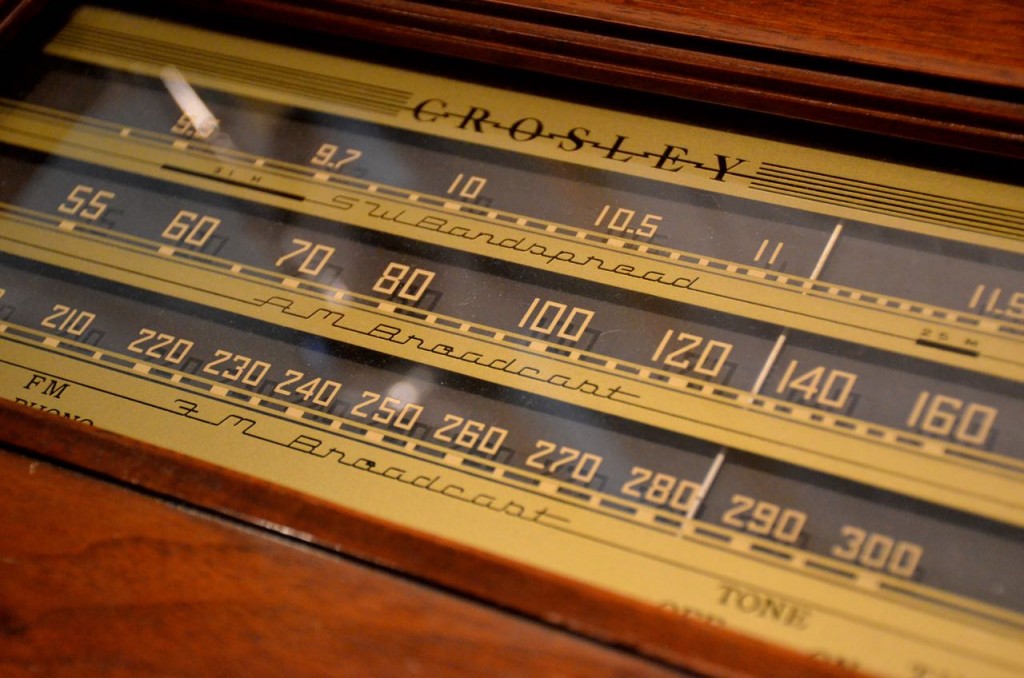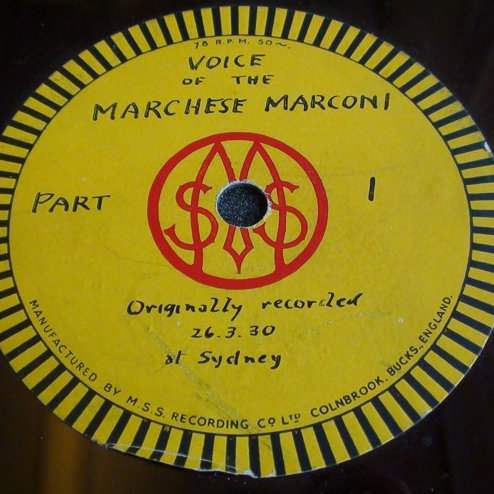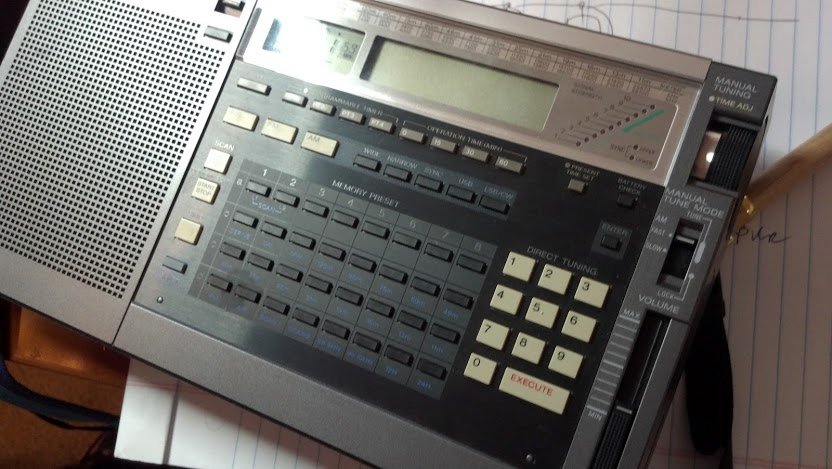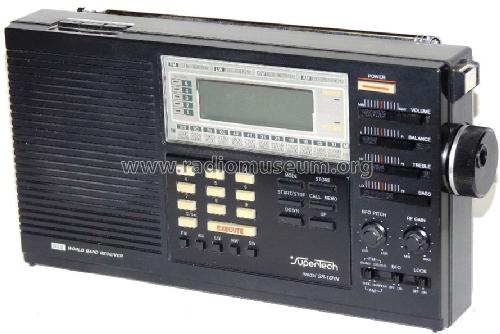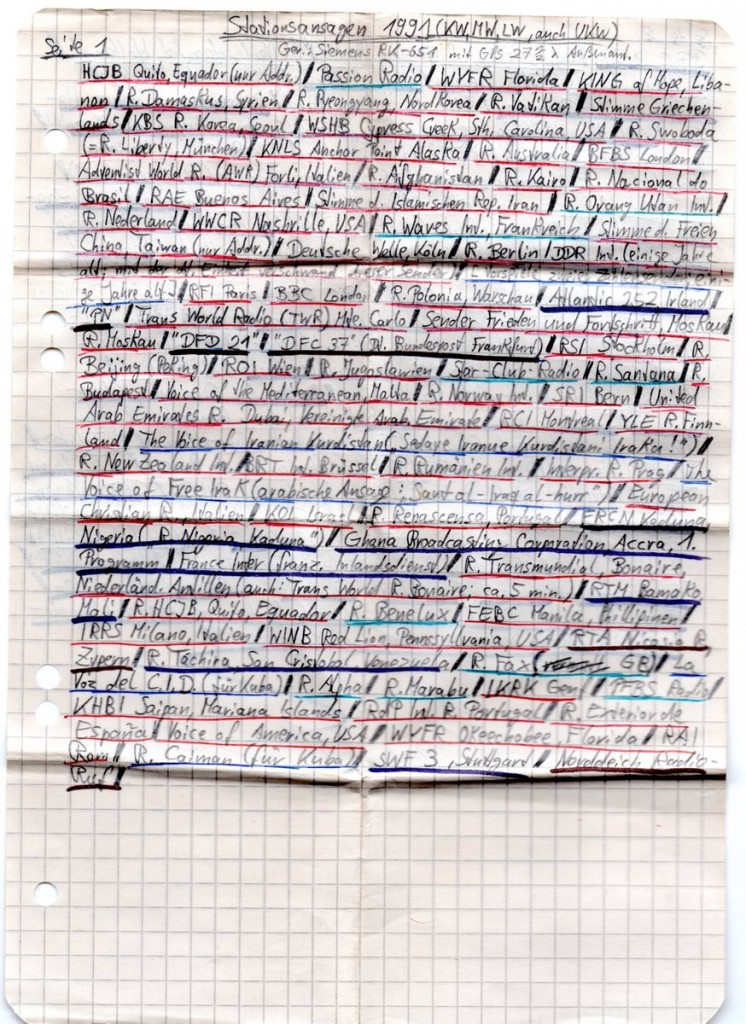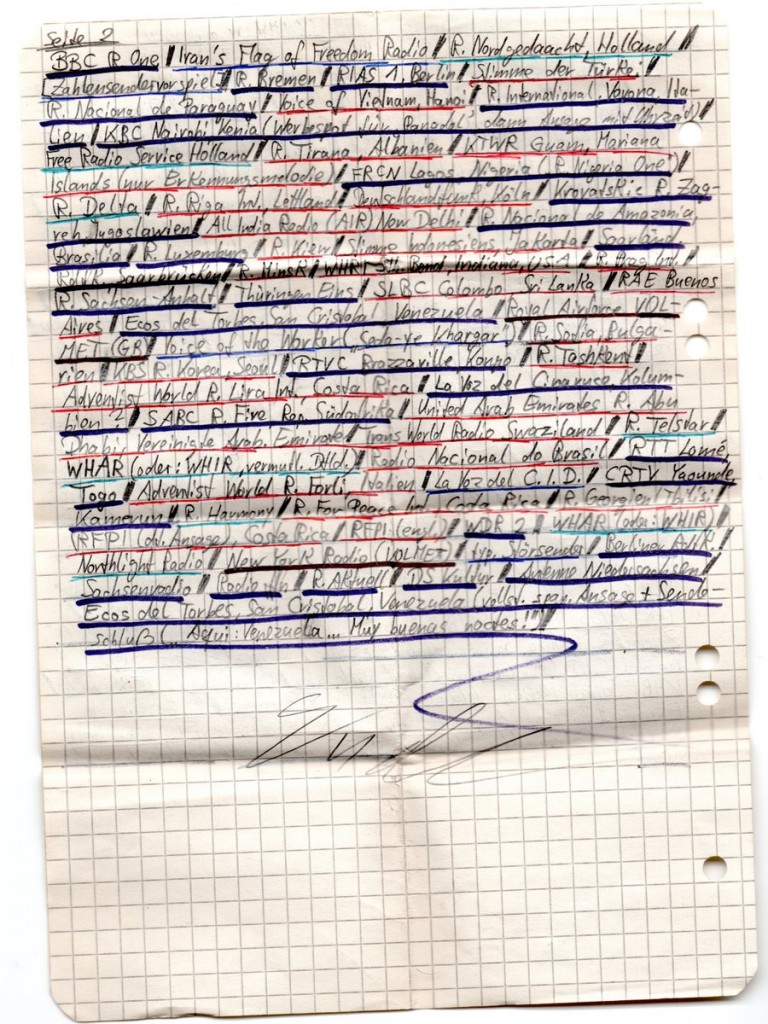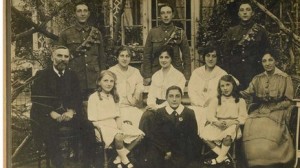Last week, the Radio Preservation Task Force held a conference which focused on saving America’s radio heritage. I had hoped to attend in DC, but sadly had a conflict in my schedule that weekend.
I’m happy to see that the conference got several mentions in the press.
Many thanks to SWLing Post contributor, Bill Patalon, for sharing a link to this article in RadioWorld:
Preservation Conference Highlighted Unique Radio Perspectives
The launch of the first “Save America’s Radio Heritage” conference saw a greater turnout than expected, with a total of roughly 300 attendees over two days in the nation’s capital last week.
The event, held at the Library of Congress and the University of Maryland, focused on the state of radio preservation, but the conference was more than just about the process of preserving historical recordings and other radio documents, but sharing some of America’s unique uses of the medium.
The Radio Preservation Task Force calls itself the first national radio history project of the Library of Congress. It grew out of the Library’s ambitious National Recording Preservation Plan, published in 2012. The task force says radio is “perpetually declared to be a dying medium” but nevertheless attracts dedicated listeners and commercial and public support. The organizers have said radio’s history is a chronicle of culture and a potential trove for historical researchers. The national plan in 2012 specifically called for a symposium to discuss the challenges of preserving American radio broadcasts; last week it was put into action.[…]
Continue reading on RadioWorld’s website…
The conference also caught the attention of APM’s Marketplace:
Task force aims to preserve radio history
A group of librarians, academics, and audio enthusiasts is gathering in Washington Friday for a first-of-its kind conference. The topic: “Saving America’s Radio Heritage.” The meeting is part of a massive effort to preserve recordings going back to the early 20th century.
The effort is not focused on the classic network quiz shows and radio plays of the 1930s through 50s, said Chris Sterling, who chairs the Radio Preservation Task Force at the Library of Congress.
“We’ve pretty much got that stuff,” he said. “What we’re talking about instead is trying to get the local radio voice in America: commercial, educational, college radio, all of that.”
One example is a 1956 interview with Rosa Parks from the Pacifica Radio Archives, recorded after Parks’ arrest for refusing to give up her seat to a white man on an Alabama bus.
Also at PopUp Archive:
http://blog.popuparchive.com/?p=836
And on the CBS Radio Network:
Those of us who work in radio are proud it has such a long and interesting history…
[…]But there’s a problem: Radio, by its very nature, is ephemeral. That makes its history a little hard to document.
A conference going on in Washington, DC is helping to make the airwaves a bit more solid.[…]
Continue reading and listen to the full audio report on the CBS Radio Network.
I hope the RPTF hosts another conference next year as I would like input on archiving AM/MW spectrum recordings–something I suspect few in the field even know exists!
Any SWLing Post readers attend the conference?


